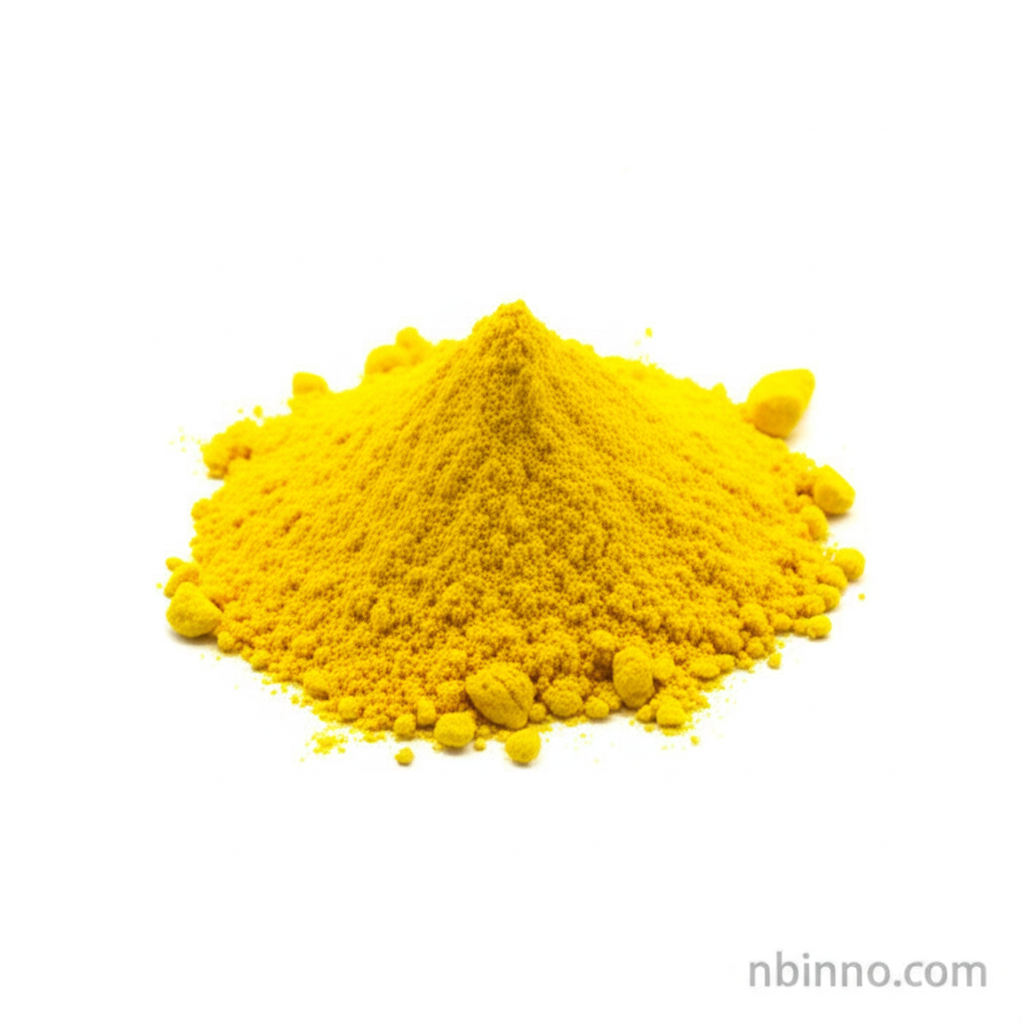Understanding Riboflavin (Vitamin B2): Benefits, Applications, and Nutritional Importance
Discover the essential role of Vitamin B2 in your health, from energy metabolism to overall well-being.
Get a Quote & SampleProduct Core Value

Riboflavin
Riboflavin, also known as Vitamin B2, is a crucial water-soluble vitamin that plays a fundamental role in energy metabolism, cellular respiration, and antibody production. It is vital for normal growth and development, acting as a component of essential coenzymes like flavin mononucleotide (FMN) and flavin adenine dinucleotide (FAD).
- Essential for Energy Metabolism: Discover how vitamin B2 health benefits contribute to converting food into energy, supporting your daily vitality.
- Supports Eye and Skin Health: Learn about the riboflavin health benefits for maintaining the health of your eyes and skin, crucial for overall well-being.
- Aids in Preventing Anemia: Explore how adequate intake of vitamin b2 benefits can help in the prevention and treatment of certain types of anemia.
- Widely Used Food Additive: Understand the applications of riboflavin food additive as a natural yellow coloring agent in various food products.
Key Advantages
Metabolic Support
Riboflavin is instrumental in the metabolism of carbohydrates, proteins, and fats, highlighting its importance in your diet as part of vitamin b2 sources.
Antioxidant Properties
It contributes to antioxidant defense mechanisms, helping to protect cells from damage, a key aspect of riboflavin health benefits.
Migraine Prevention
Research suggests that regular intake can assist in the prevention of migraines, making it a valuable supplement for many, as noted in riboflavin migraine prevention discussions.
Key Applications
Nutritional Supplementation
Used extensively as a vital nutrient, Riboflavin is incorporated into dietary supplements to ensure adequate intake, supporting general health as part of vitamin b2 benefits.
Food and Beverage Coloring
Its natural yellow hue makes it a popular choice as a food coloring agent (E101) in products like dairy, baked goods, and beverages, demonstrating its role as a riboflavin food additive.
Pharmaceutical Use
In medicine, Riboflavin is utilized to treat conditions related to its deficiency and as a component in therapeutic formulations, often discussed in the context of vitamin b2 uses.
Animal Feed Fortification
It is also added to animal feed to ensure proper growth and health of livestock and poultry, reflecting its broad utility beyond human nutrition.
